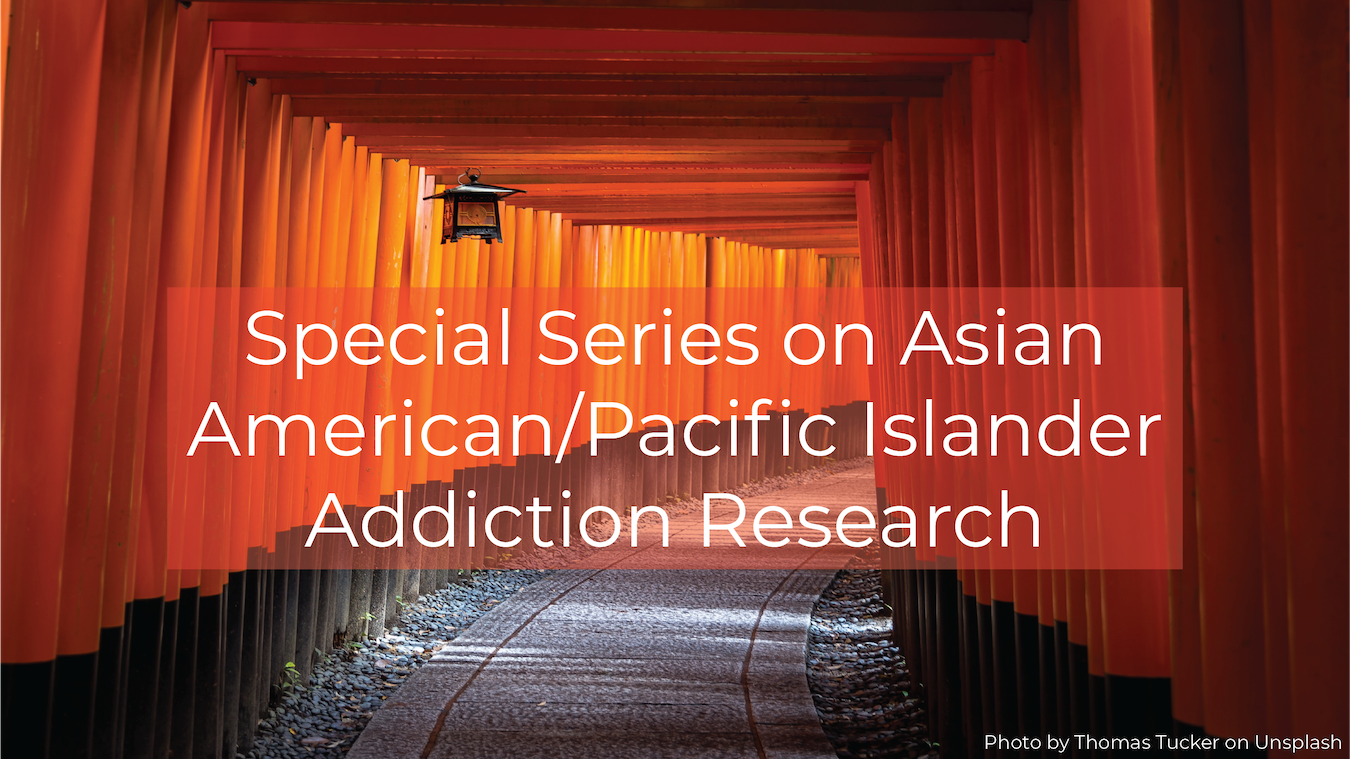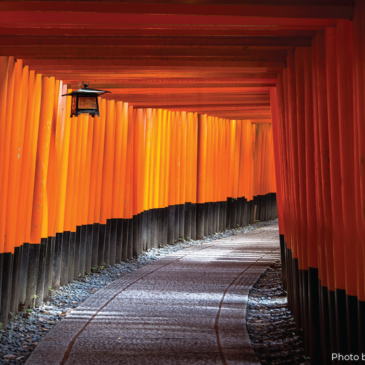 Happy May and happy Asian American Pacific Islander Heritage Month! This month celebrates the 24 million Asians and 1.7 million Native Hawaiians or Pacific Islanders living in America. In observance, during the month of May, we will highlight Asian Americans and Pacific Islanders’ (AAPI) mental health and contributions to research. Particularly in a time when hate and racism against AAPI communities are higher than ever, it is important to highlight studies focused on these groups. The recent growth of xenophobia from anti-Asian rhetoric during COVID-19 contributed to over a 77% increase in hate crimes from 2019 to 2021. Serious mental illness has also increased for Asians and Native Hawaiians or Pacific Islanders between 2008 and 2019, but they remain the lowest help-seeking race or ethnic group with only about 23% of adults with a mental illness receiving treatment in 2019. From language constraints to cultural stigma to the lack of culturally-responsive aid, there are many barriers to treatment.
Happy May and happy Asian American Pacific Islander Heritage Month! This month celebrates the 24 million Asians and 1.7 million Native Hawaiians or Pacific Islanders living in America. In observance, during the month of May, we will highlight Asian Americans and Pacific Islanders’ (AAPI) mental health and contributions to research. Particularly in a time when hate and racism against AAPI communities are higher than ever, it is important to highlight studies focused on these groups. The recent growth of xenophobia from anti-Asian rhetoric during COVID-19 contributed to over a 77% increase in hate crimes from 2019 to 2021. Serious mental illness has also increased for Asians and Native Hawaiians or Pacific Islanders between 2008 and 2019, but they remain the lowest help-seeking race or ethnic group with only about 23% of adults with a mental illness receiving treatment in 2019. From language constraints to cultural stigma to the lack of culturally-responsive aid, there are many barriers to treatment.
This remains true in the field of addiction. Although AAPI communities have lower rates of substance use, those who need treatment still seek it at lower rates. Additionally, few studies in the field of addiction focus specifically on AAPI communities. Existing studies such as the Asian CARES project have noted the importance of examining cultural elements to effectively develop treatment or prevention programs. However, with a gap in the literature and in culturally-adaptive measurements, there is a need to highlight the significance of AAPI addiction research.
Throughout this Special Series, we are featuring four articles written by AAPI individuals examining forms of addiction among AAPI communities. First, on May 2, we will review a large-scale study of Native Hawaiian and Pacific Islander alcohol, tobacco, and other drug use during COVID-19. Then, we will summarize a study on gendered racism among Asian American men and substance use implications. Next, we turn to gambling and a study on the real manifestation of problem gambling among Asian communities in the greater Boston area after exposure to a new casino. Finally, we review a study of racial discrimination and alcohol-related problems among Asian American young adults.
We hope that spotlighting AAPI addiction research will encourage future high-quality studies that inform needed interventions.
— Taylor Lee, Research Coordinator, Division on Addiction at Cambridge Health Alliance, a Harvard Medical School teaching hospital
Conflict of Interest Statement
Ms. Lee has no conflicts of interest to disclose of personal, financial, or other benefits that could be seen as influencing the content of this editorial. The Division on Addiction’s funding sources can be found here.
What do you think? Please use the comment link below to provide feedback on this article.




